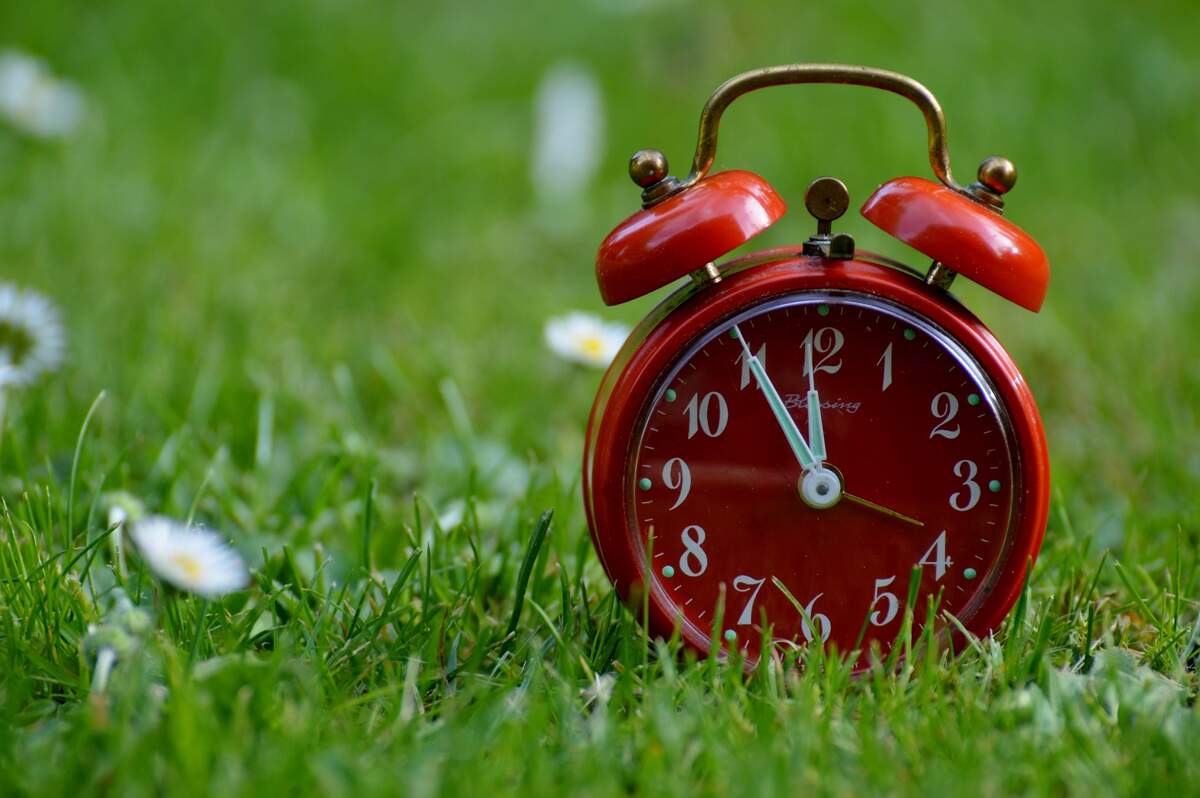

Biological Clock Day
Men and women, the young and the old, everyone has a biological clock! Some biological clocks deal with seasonal and yearly rhythms, and with things such as fertility and aging. But there are also everyday biological clocks, and they are called circadian rhythms. They help the body adapt to changes from day to night. Circadian rhythms are controlled by "clock genes." These genes carry instructions such as when to sleep, when hormones should be secreted, and information about blood pressure and metabolism. Clock genes can also influence mood.
In order to help set the daily biological clock, clock genes receive information such as light and temperature from the environment. But the circadian rhythm clock can be disrupted by things such as air travel, sunlight (or lack of it), and the seasons, which in turn affects the quality and quantity of sleep a person has. However, the biological clock can adapt without the normal daylight and darkness cycle and will start running on its own natural cycle.
By understanding the biological clock, scientists may be able to find ways to reset it to fight the effects of jet lag, seasonal depression, and night shift working. Understanding it may also help to fight sleep disorders, and inform us as to the best times to take medications. Understanding one's own biological clock may also help everyone get more restful sleep, and that is one of the goals of today.
How to Observe Biological Clock Day
Today is the perfect day to reset your biological clock and get it back in order. Here are a few ideas on ways to do so:
- Try to get up at the same time each day, and go to bed at the same time each night.
- Don't exercise, eat, or have caffeine right before bed.
- Make sure you have a good bedtime routine that allows you to wind down.
- Avoid bright lights before bedtime, and don't have much light in your room as you sleep.
- If taking naps during the day keeps you up at night, take them out of your routine.
- If you are going to travel by plane to a different time zone, begin working to align your sleep schedule to the new time zone for a few days before you leave.





















